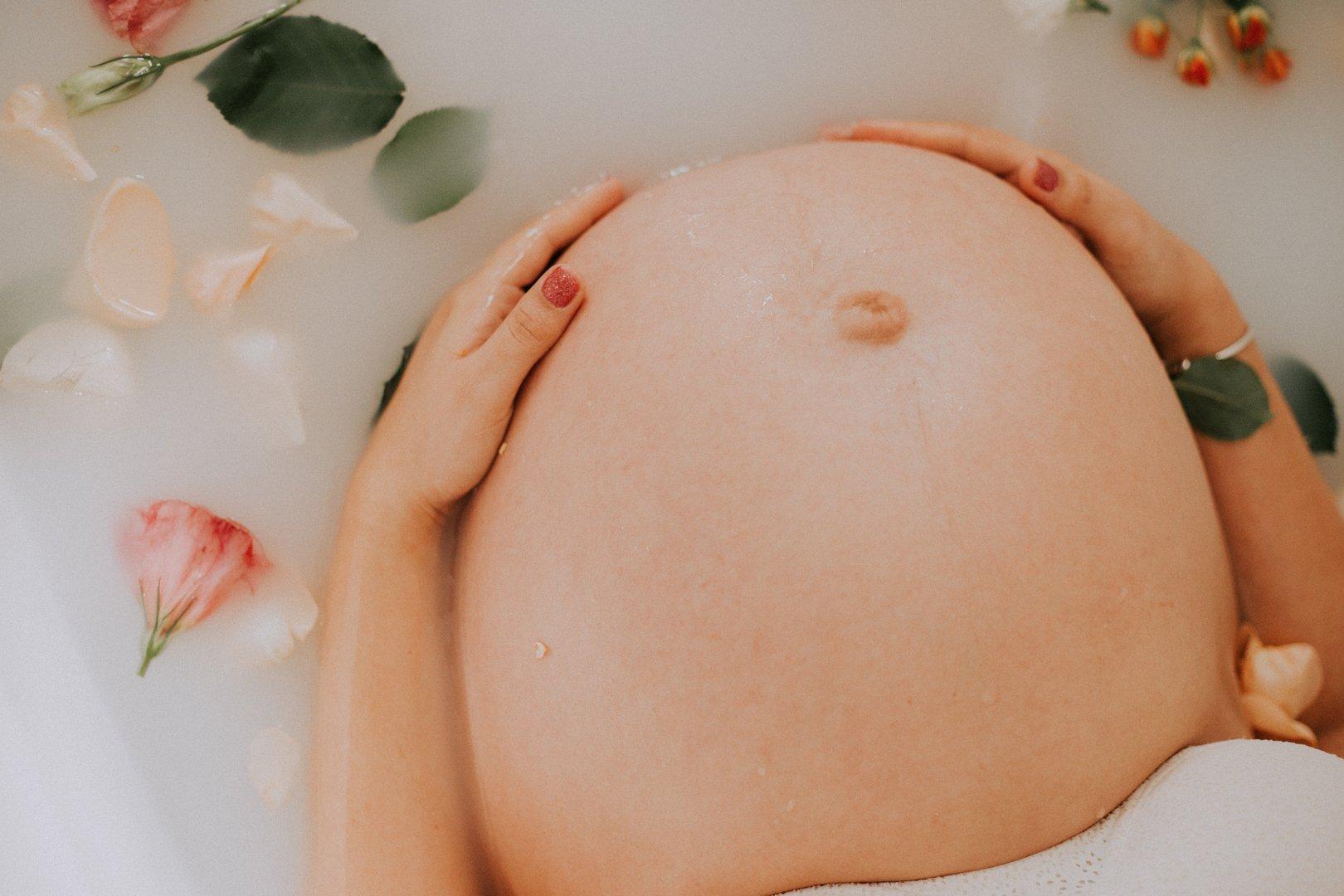Eating Right: Foods To Avoid During Pregnancy
Eating Right: Foods To Avoid During Pregnancy
Eating Right: Foods To Avoid During Pregnancy
Introduction
Birth is awe-inspiring. Don’t you think? The mother’s health plays a crucial role in it. This includes her diet which shifts once she conceives. These changes aid in nurturing a healthy baby and maintaining the mother’s health. This article sheds light on what foods to avoid during pregnancy. We are going to look into the risky foods for future moms, the risks they pose and why avoiding them is vital. Let’s clear your doubts about what’s safe and what’s not!
Avoiding Seafood High in Mercury
Did you know that consuming too much mercury-rich seafood during pregnancy can cause health problems for both mother and baby?
The Impact of Mercury on Pregnancy
Why all the noise about mercury, you ask? Simple. Mercury, especially in the form of “methylmercury”, can cause problems in infants. These problems include issues with language, focus, and memory.
Safe Limits for Consuming Fish During Pregnancy
The FDA suggests consuming 8 to 12 ounces (224 to 336 grams) of seafood per week during pregnancy. But white (albacore) tuna should be kept to 6 ounces (168 grams) or less per week.
Risks of Raw, Undercooked or Contaminated Seafood
Uncooked or half-cooked seafood pose health threats. It’s as simple as that.
Bacterial and Parasite Infections from Raw Seafood
Raw, undercooked, or tainted seafood can house harmful bacteria (like Salmonella) or parasites (like Toxoplasma). Infections can cause stomach troubles and flu-like symptoms. Worse still, they can lead to dehydration or even life-threatening issues.
Handling and Preparation Tips for Seafood
Good handling and cooking of seafood reduce infection chances. Cook seafood until its internal temperature hits 145 F (63 C). Also, ensure its flesh breaks apart easily with a fork. Discard any shellfish that don’t open during cooking.
Dangers of Undercooked Meat, Poultry, and Eggs
Undercooked meat, eggs, and poultry may harbour illness-causing bacteria and pathogens.
Foodborne Illnesses and Pregnancy
Does food poisoning sound bad? Well, it’s worse for pregnant women. It can become serious.
Pathogens like Listeria, E.coli, and Toxoplasma can pass through the placenta. They may cause miscarriage, stillbirth, premature birth, or life-threatening infection in the newborn, even if the mom feels fine.
Understanding Proper Food Preparation and Cooking Practices for Meat, Poultry, and Eggs
Cook your food properly. This makes it safe. Cook meat and chicken to the right internal temperature. Use a food thermometer for this, not colour. All egg dishes should be firm, not runny. Cook egg-based dishes or sauces properly too.
Potential Pathogens in Unpasteurized Dairy Products
Unpasteurized milk (or ‘raw’ milk) and its products can host harmful bacteria. These include Campylobacter, E.coli, Salmonella, and Listeria. Listeria can cause premature delivery, miscarriage, stillbirth, or severe health problems in newborns.
Identifying Pasteurized versus Unpasteurized Foods on Labels
Check product labels when shopping. Go for items labelled “pasteurized.” Most cheeses at shops are made with pasteurized milk and are safe.
Avoiding Unwashed Fruits and Vegetables
Eat clean food. Even fresh fruits and vegetables can pose hazards if not washed right.
Possible Contaminants
Fruits and vegetables can house harmful organisms like Toxoplasma and E. Coli. Such contamination may happen by exposure to polluted soil or water.
Proper Cleaning Measures for Fruits and Vegetables
Scrub thick-skinned produce like potatoes with a brush to remove residues. Rinse soft fruits and vegetables under running water. Dry with a clean piece of cloth or paper towel. Always wash your fruits and vegetables before eating, cutting, or cooking them.
Caffeine and Herbal Tea Intake During Pregnancy
Hold on before you get that coffee or herbal tea. Limit your intake.
Is Caffeine Safe? The Impact of High Levels of Caffeine Intake
High caffeine intake (over 200 mg per day) during pregnancy can lead to problems. These include preterm birth, low birth weight, and developmental delays. Moderate intake (up to 200 mg per day) is okay.
Potential Risks of Herbal Tea Ingredients
Some herbs found in teas can cause problems during pregnancy. These include St. John’s Wort, Dong Quai, Ephedra, and Yohimbe. They could lead to miscarriage or preterm birth.
Alternative Beverages to Enjoy Safely
There are safe and yummy alternatives for pregnant women. These include decaffeinated coffee or tea, fruit juices, and mineral water.
The Case Against Alcohol
Drinking alcohol while pregnant can cause serious health problems. It’s surprising how many people don’t know about these.
Explaining the Risks of Alcohol during Pregnancy
Alcohol during pregnancy is linked to a high risk of miscarriage and stillbirth. Even moderate drinking can hinder physical and mental development, leading to Fetal Alcohol Spectrum Disorders (FASD). No known safe limit of alcohol exists during pregnancy.
Tips to Avoid Alcohol
Staying away from alcohol can be tough, especially if you used to drink often. Keep in mind that it’s only for a while and is essential for your baby’s health. Opt for non-alcoholic versions of your favourite drinks. Always have a non-alcoholic option ready in social settings where others may be drinking.
No comments yet. Login to start a new discussion Start a new discussion